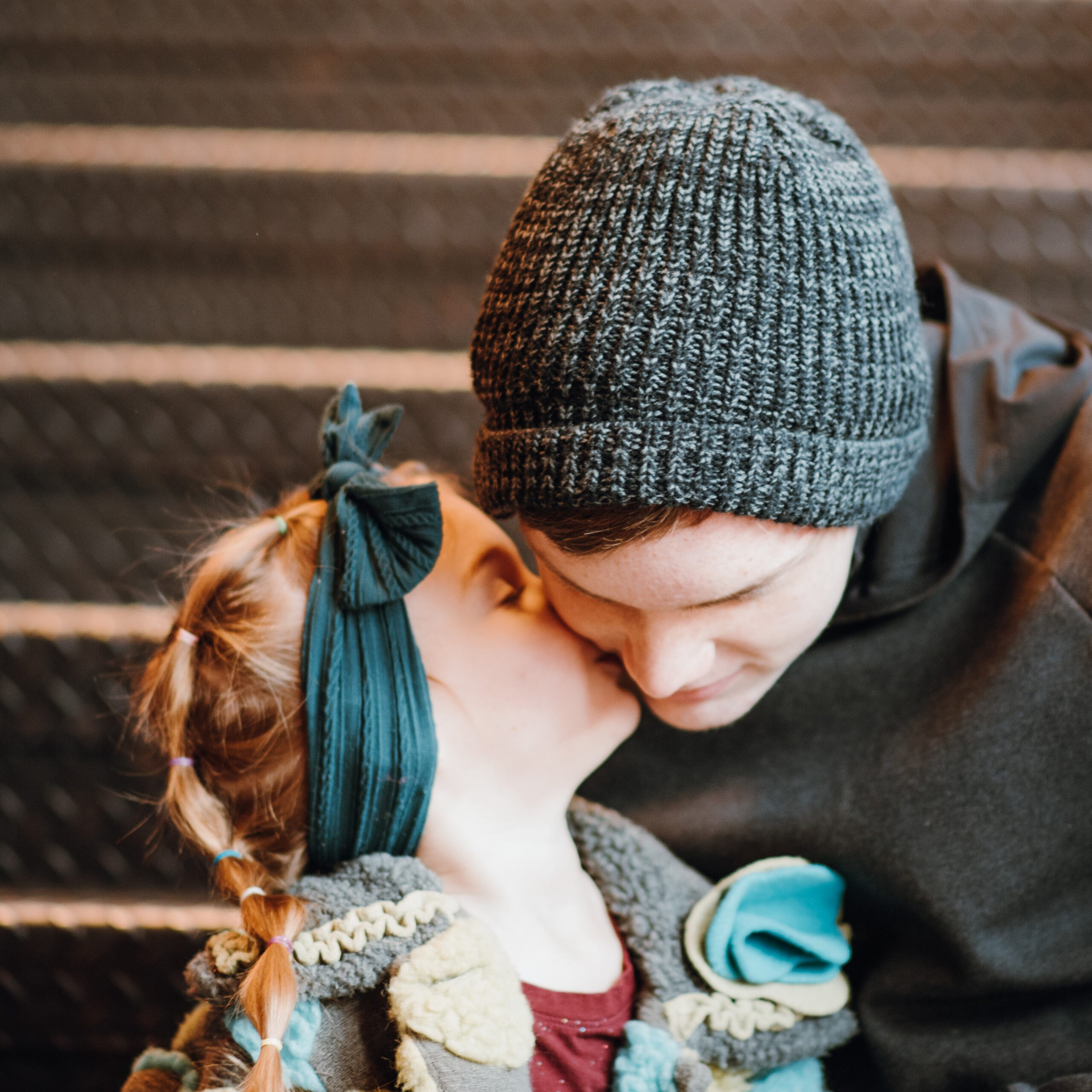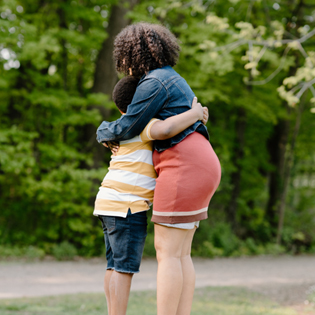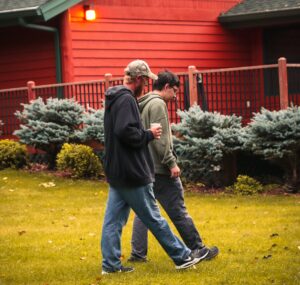We Find Family for Youth in Foster Care.
We prioritize relatives, kin, community and culture as we identify caring adults who promise to be there, forever.
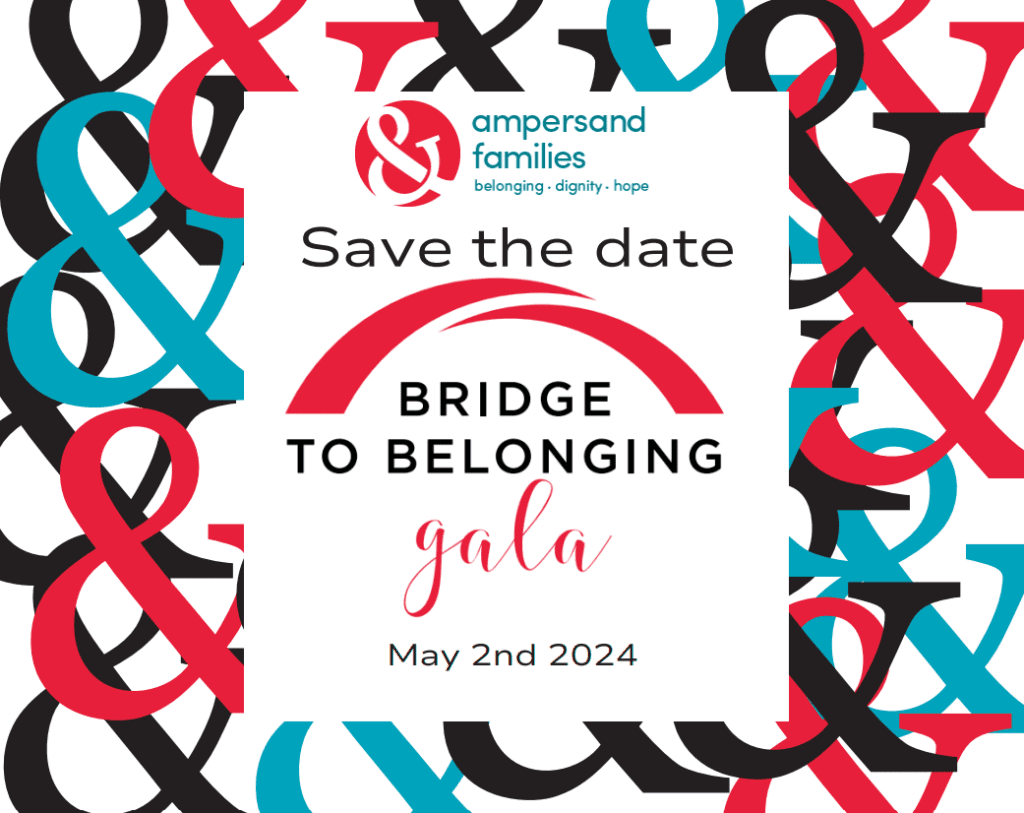
Join us May 2!
We’re hosting a gala on Thursday, May 2, 2024! Come celebrate our work with amazing youth and families while connecting with others and having a great time.
Enjoy live music, dinner, silent auction, and a great program in an inclusive, welcoming environment. Click the link below for details and tickets!
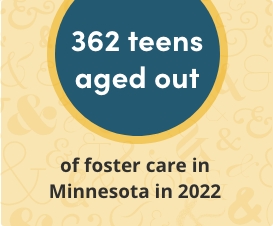
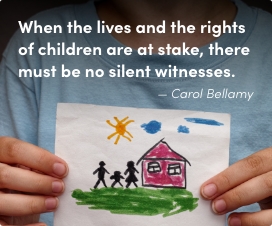
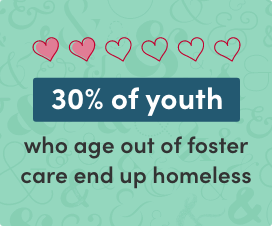
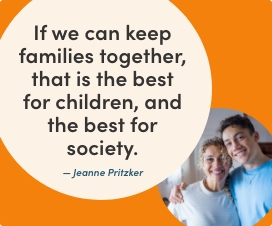
Upcoming
Events
We host a variety of engaging, inclusive events for youth, caregivers, kinship families, pre-adoptive families, child welfare professionals, volunteers and the general public. Please join us!
Latest News from Ampersand Families
MYVoice wins state grant
This month the MYVoice program of Ampersand Families is excited to announce a new grant to support “protective factors” for…
What is Permanency?
Permanency is not a word most people think about often; the general public does not always understand the significance of…
